What Is The Best Time Of Day To Run?
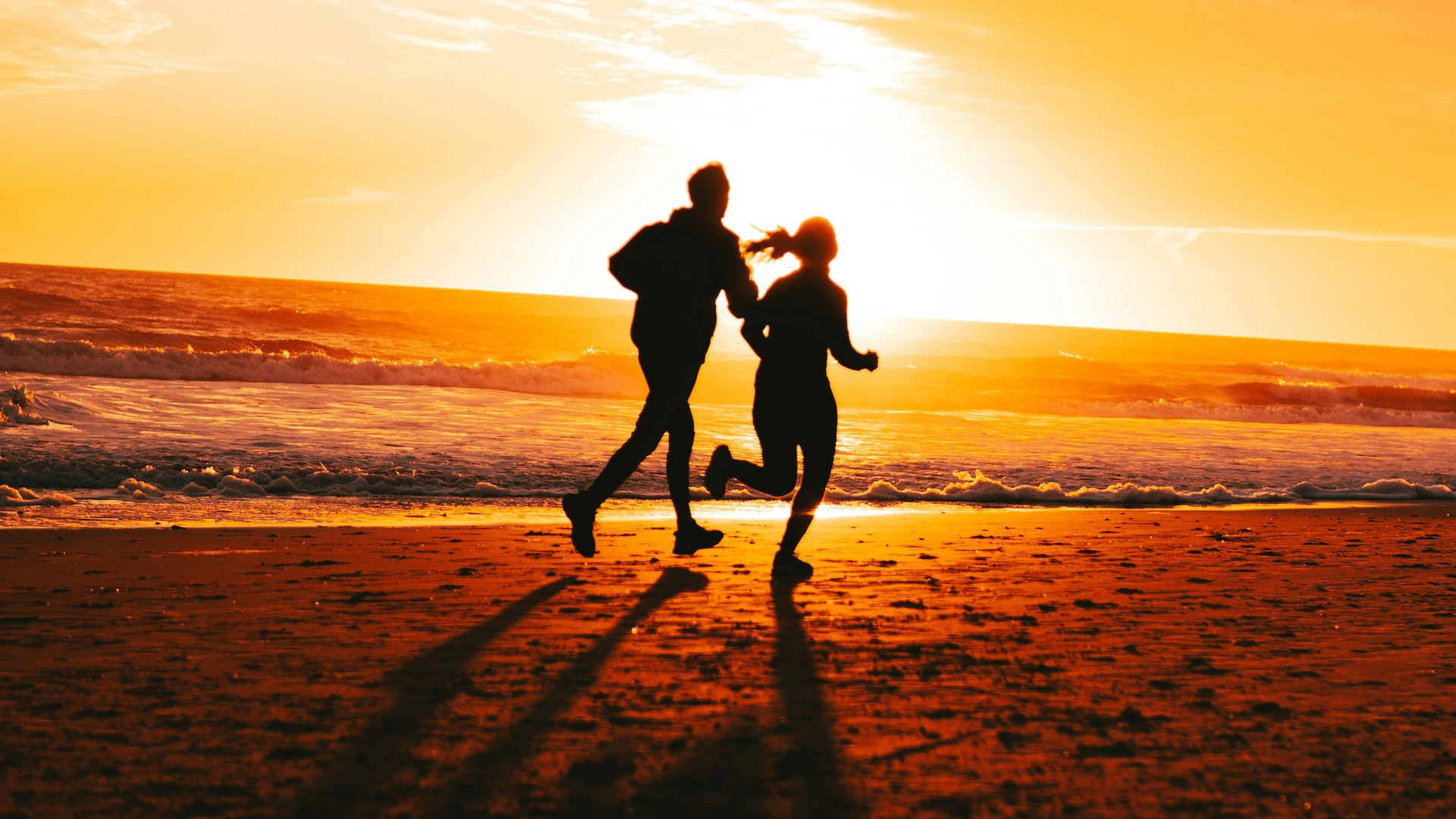
Some of us love getting our run done first thing in the morning, while others favour a lie-in and leave the run until the evening. But is there a perfect time of day to run for optimum performance? And what are the benefits or challenges of running at different times of day?
EARLY MORNING (BEFORE 0900)
Whether you just feel better running in the morning, or have to do it by necessity to run before work, a lot of people lace-up first thing in the morning.
Some can jump out of bed, into their running shoes, and out of the door, but others require more time to wake up and ease into the day. Either way, you should take some extra time to warm up in the morning, especially after many hours of lying in bed. You’ll be dehydrated and potentially low in energy, and your body temperature is lower in the morning and there’s lots of research correlating good performance with higher body temperature (though most marathons start around this time and that doesn’t seem to affect elite performance very much – it may also be that the morning is best for endurance running).
So have a drink, a snack, a good warmup, and take the first mile or two easy if you run early. You could also listen to some motivating music to help you get going. If you’re going on a longer morning run then try and eat two hours before you run, and/or carry extra energy with you.
Running in the morning could have physiological and psychological benefits from viewing sunlight soon after waking, including boosting your immune system, metabolism, focus, and it may help you sleep better at night (and not just because you’re tired from running early in the day). But from a running perspective, you could increase your injury risk if you run while still a little sleepy and without properly warming up.
MID MORNING (0900-1200)
By now your body has woken up and warmed up, and you’ve had breakfast so you’ve got some energy, which can definitely give you a boost on your run.
It’s not the most common weekday running time for those with standard working hours, but is more relevant for weekend runs and long runs.
If you want a bigger breakfast, then wait a couple of hours after eating before you go for a run to avoid stomach discomfort.
LUNCHTIME (1200-1400)
It’s runch time! It’s common for office workers to run a few miles during their hour-long lunch break.
Lunch runs are a good way to break up your day and to recharge after a morning of work, where a lot of runners can feel energised after a lunch time run, helping them avoid an afternoon energy slump. If we can run with colleagues then it’s also a fun and social way to run.
There are no positives or negatives to doing hard workouts at lunchtime, so if this is the best time for you to run fast, then go for it.
Try to have a snack before you go and then eat your lunch when you get back.
MID AFTERNOON (1400-1700)
A lot of people feel an afternoon slump, and that’s part of the natural circadian rhythm. During the mid-afternoon our body temperature lowers slightly, so going for a lunchtime run can help get through this and feel more energy later in the day.
As the afternoon progresses, your core body temperature increases again, so later afternoon runs may feel better than early afternoon runs.
EARLY EVENING (1700-2000)
There’s a lot of research showing that running in the early evening is the best time for peak performance. At this time, core body and skeletal muscle temperatures peak, as well as lung function, and that improves energy use and efficiency in the muscles.
A study of recreational cyclists saw that they were almost 7% faster at a 1,000m time trial at 6pm compared to 8am. In other trials, there have been differences with those who identify as ‘morning people’ compared to ‘evening people’, and this study with rowers saw the morning people row better in the morning, while this study found that ‘night owls’ don’t perform well in the morning.
Research into Olympic swimmers found that most world records are broken in the late afternoon (at 5.12pm, to be exact).
While there doesn’t seem to be significant benefit for longer endurance training later in the day, physical strength peaks in the afternoon, some time between 4pm and 8pm, so this could be a good time for interval training, hill reps, or hitting the gym.
Running at this time may mean you have more food in your stomach, so some runners can have stomach discomfort. Avoid lunches which you know cause you some GI issues.
Just because our bodies are primed to exercise at this time, our minds may not be, and it can be hard to motivate ourselves to run at the end of the work day. Just get your running shoes on and head out the door – you’ll be grateful when it’s done!
EVENING (AFTER 2000)
Sometimes you can only fit in your run later in the evening.
Stick to easier efforts if you run later in the evening as that could help you have more deep sleep, as high-intensity exercise could affect your sleep quality. This is because our body temperature begins to drop in the evening to help us fall asleep, and hard workouts could increase the temperature again. Try to finish your run at least a couple of hours before you want to go to bed.
And be extra careful when running in the dark.
IS THERE A BEST TIME TO RUN?
No, there isn’t. As this study shows, our body adapts best to training consistently at certain times. So whatever time you prefer, stick to that routine and your body will adapt with you. But if you’re aiming for a goal race, then getting used to running at the same time as your race could be beneficial – especially if it’s a morning start and you typically prefer running at night.
***
When do you most like to run? Do you feel different running at different times?
Photo by Esteban Bonilla on Unsplash

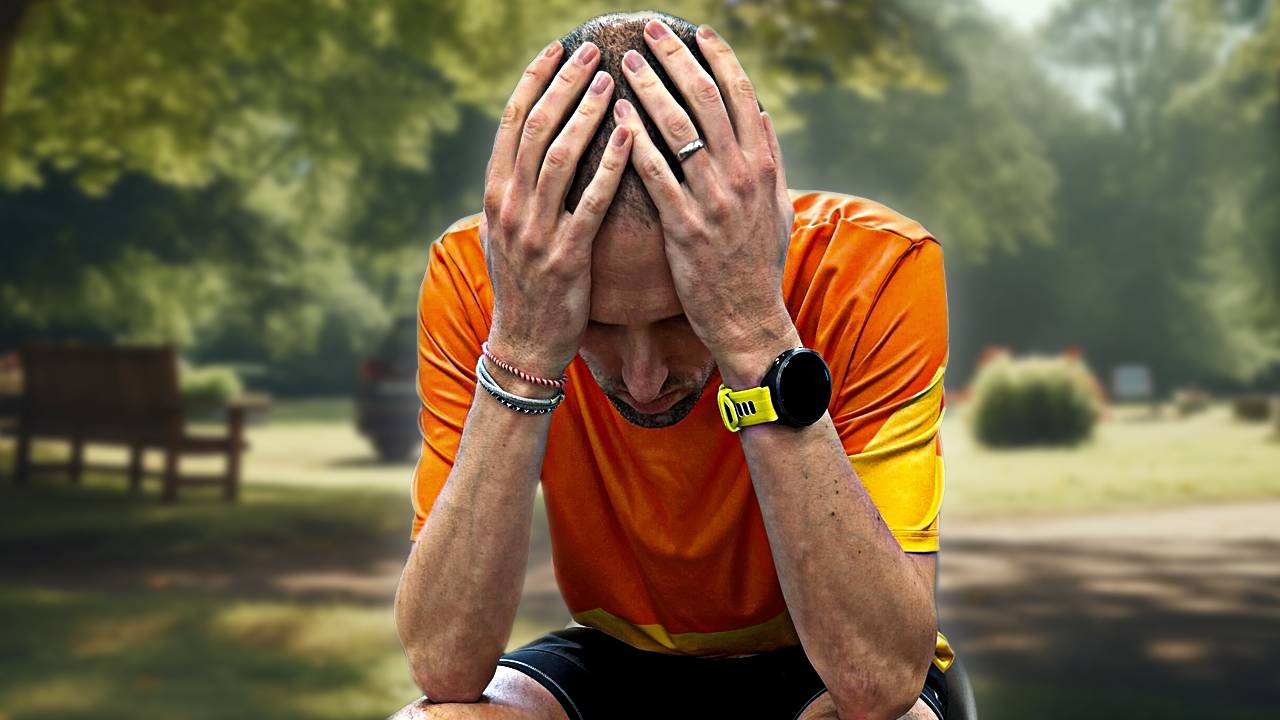
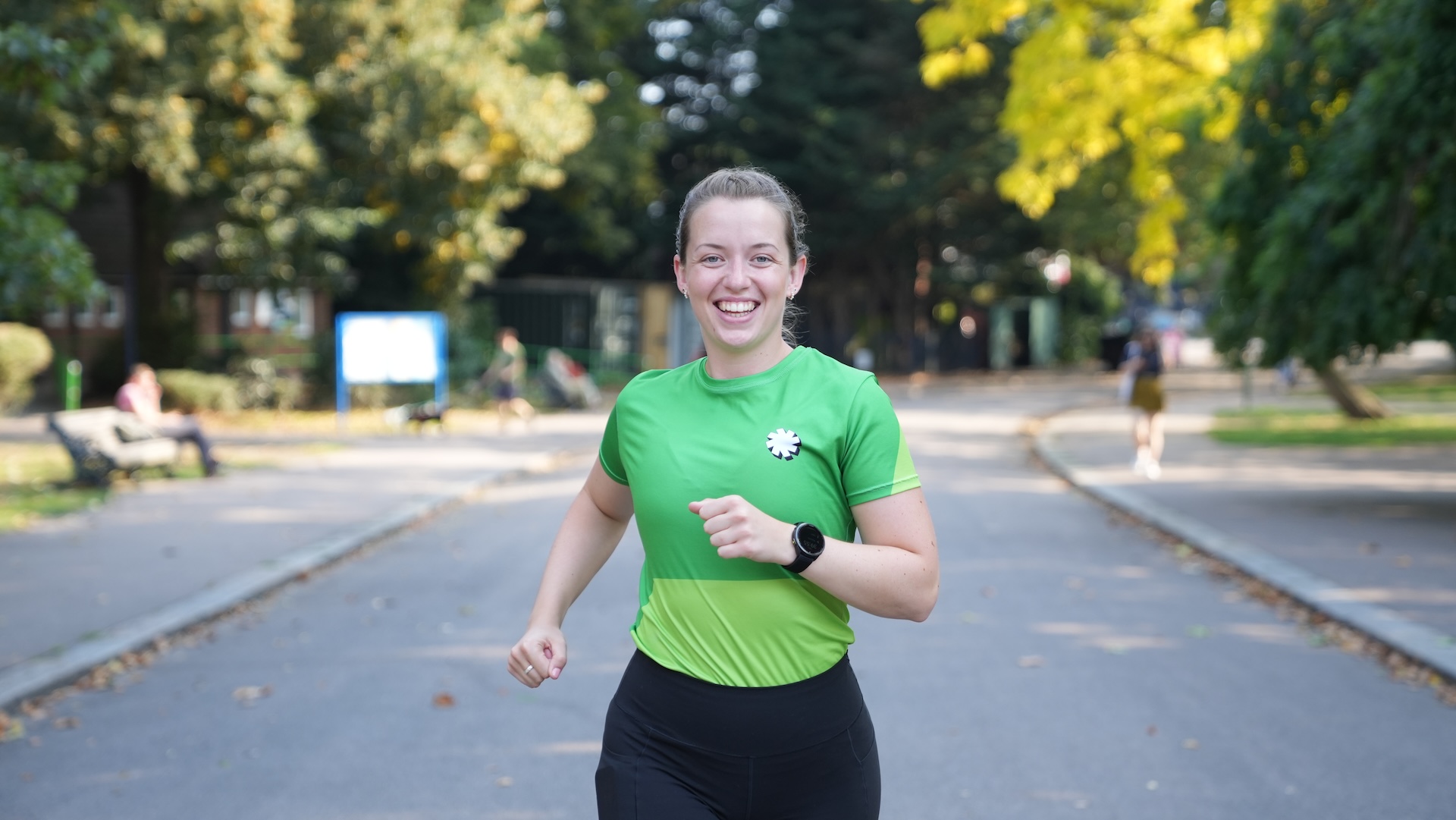
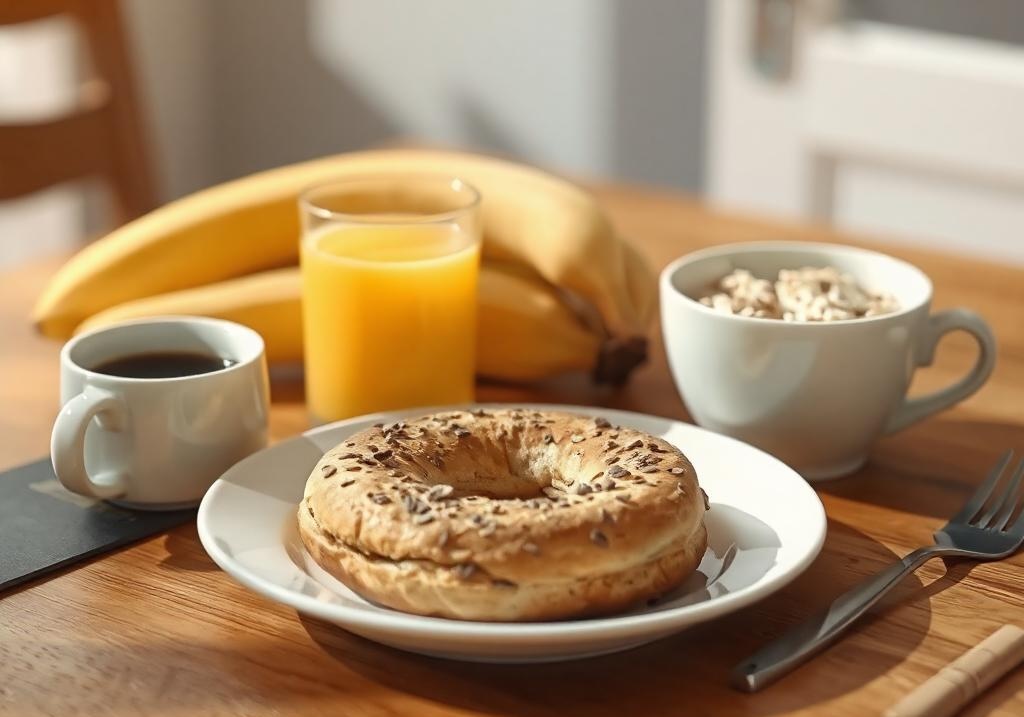
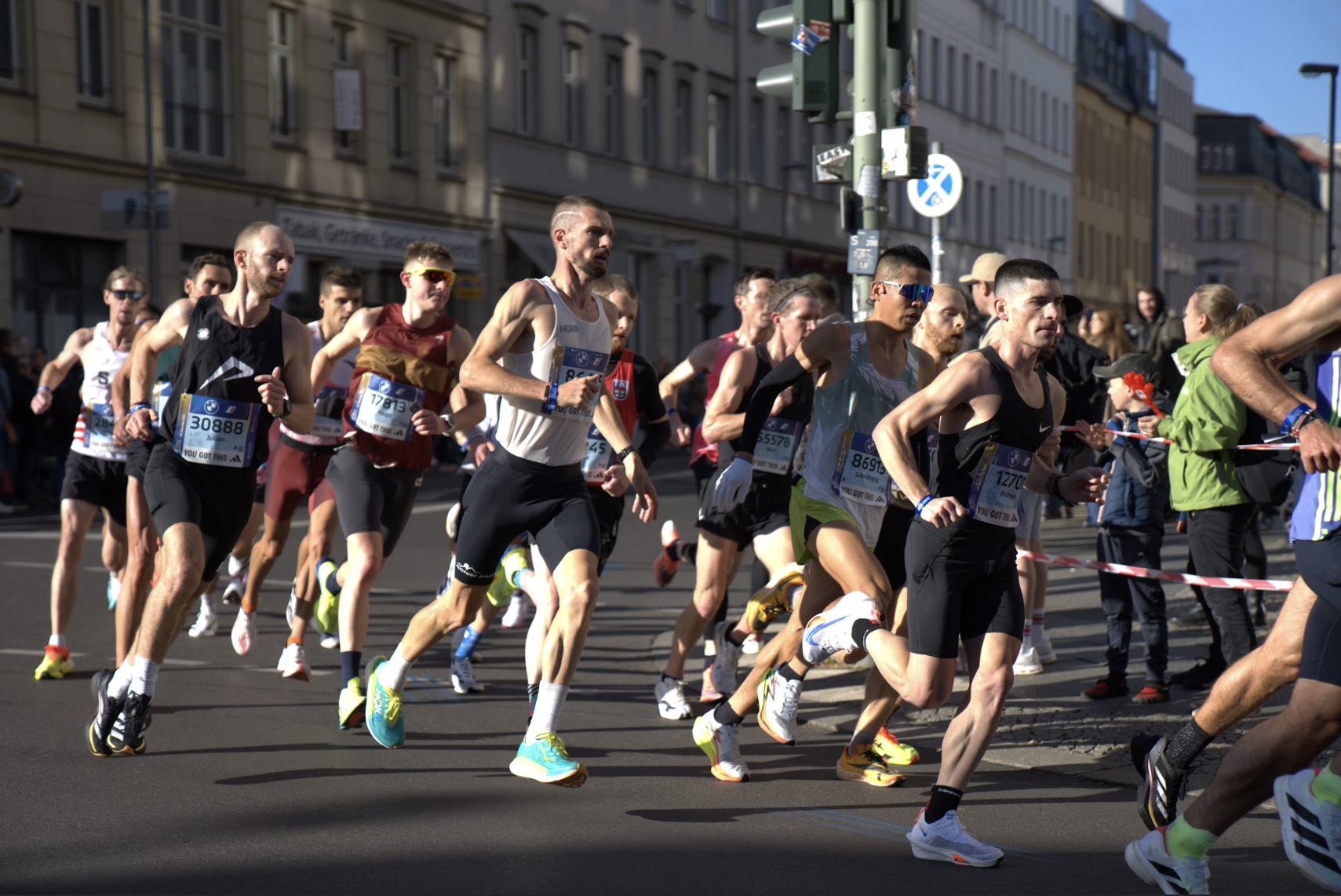
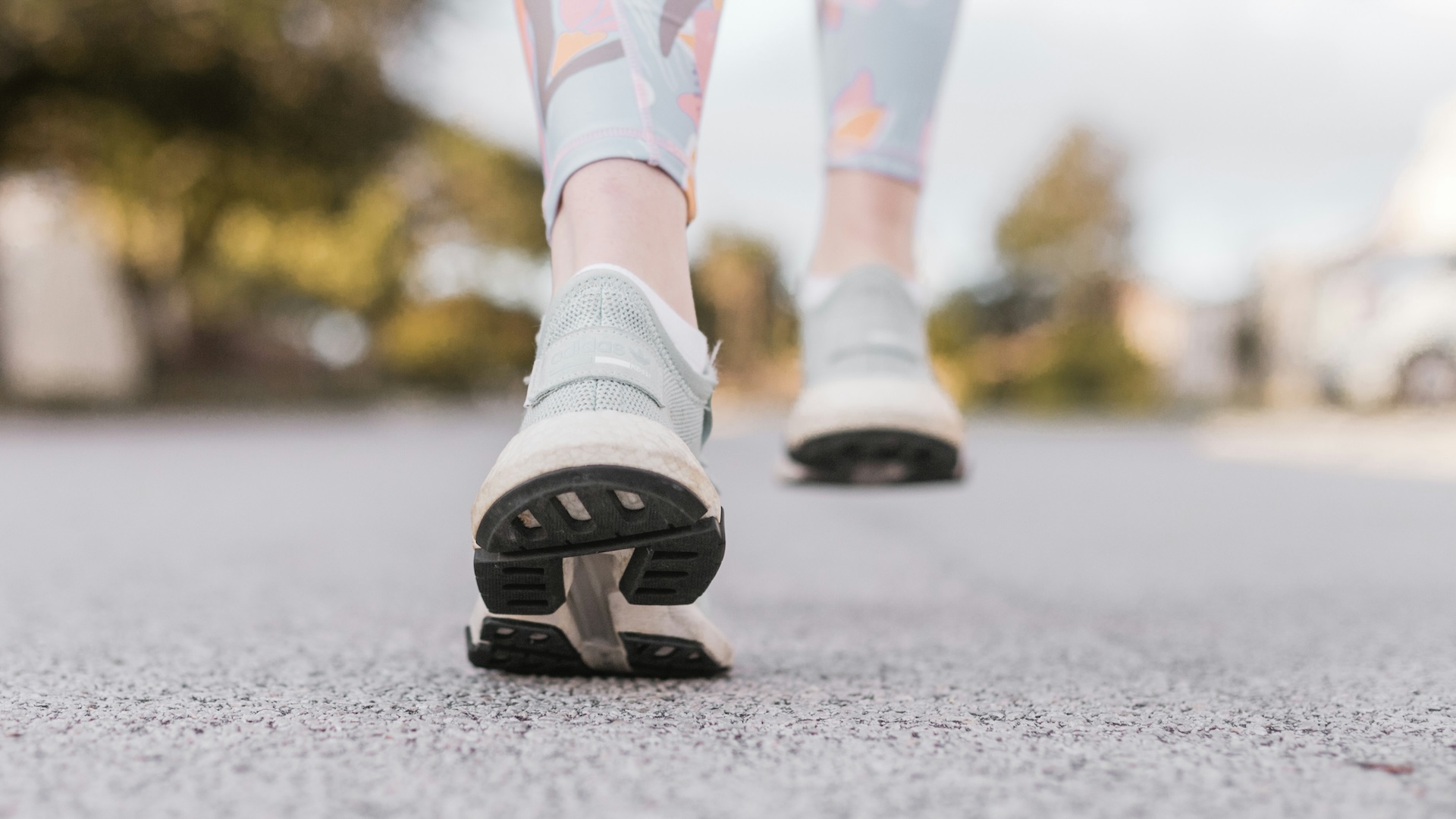




















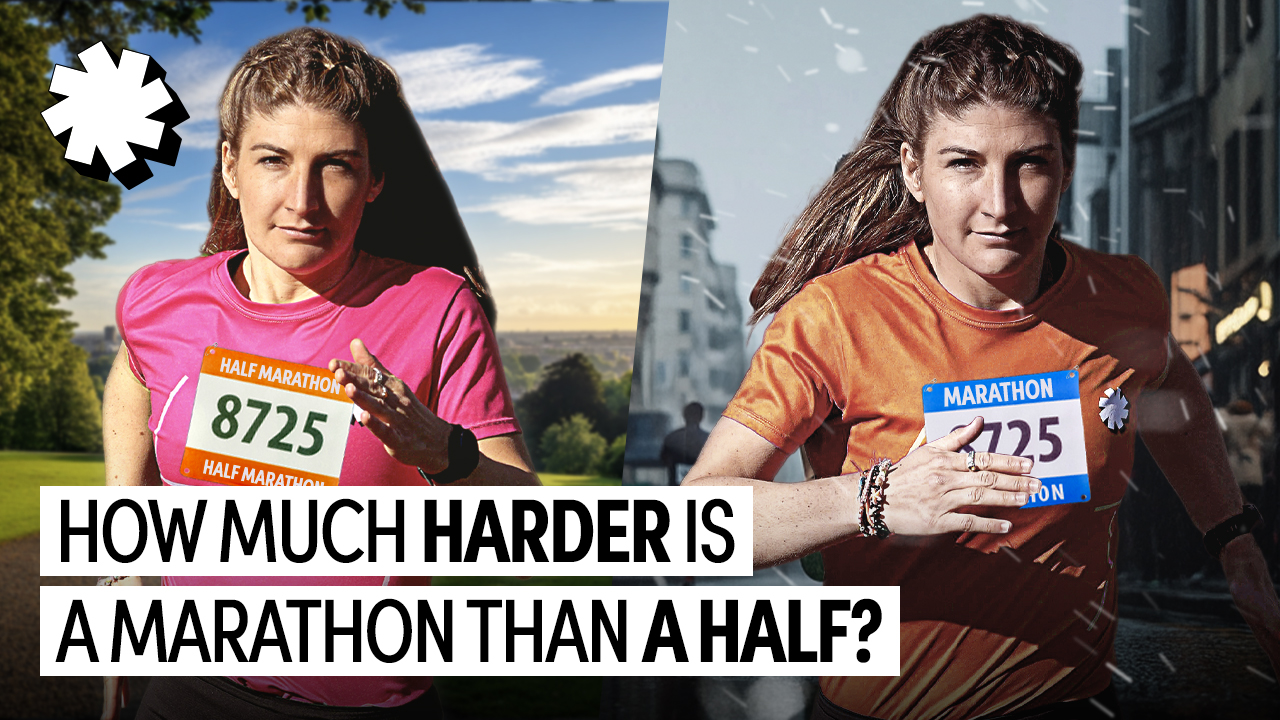

Running News
Ingebrigtsen Stars at World Athletics Indoor Championships 2025 – Plus All The Winners!
Sam Ruthe Is First 15-Year-Old To Run A Four-Minute Mile!
Eliud Kipchoge Will Run The 2025 Sydney Marathon!